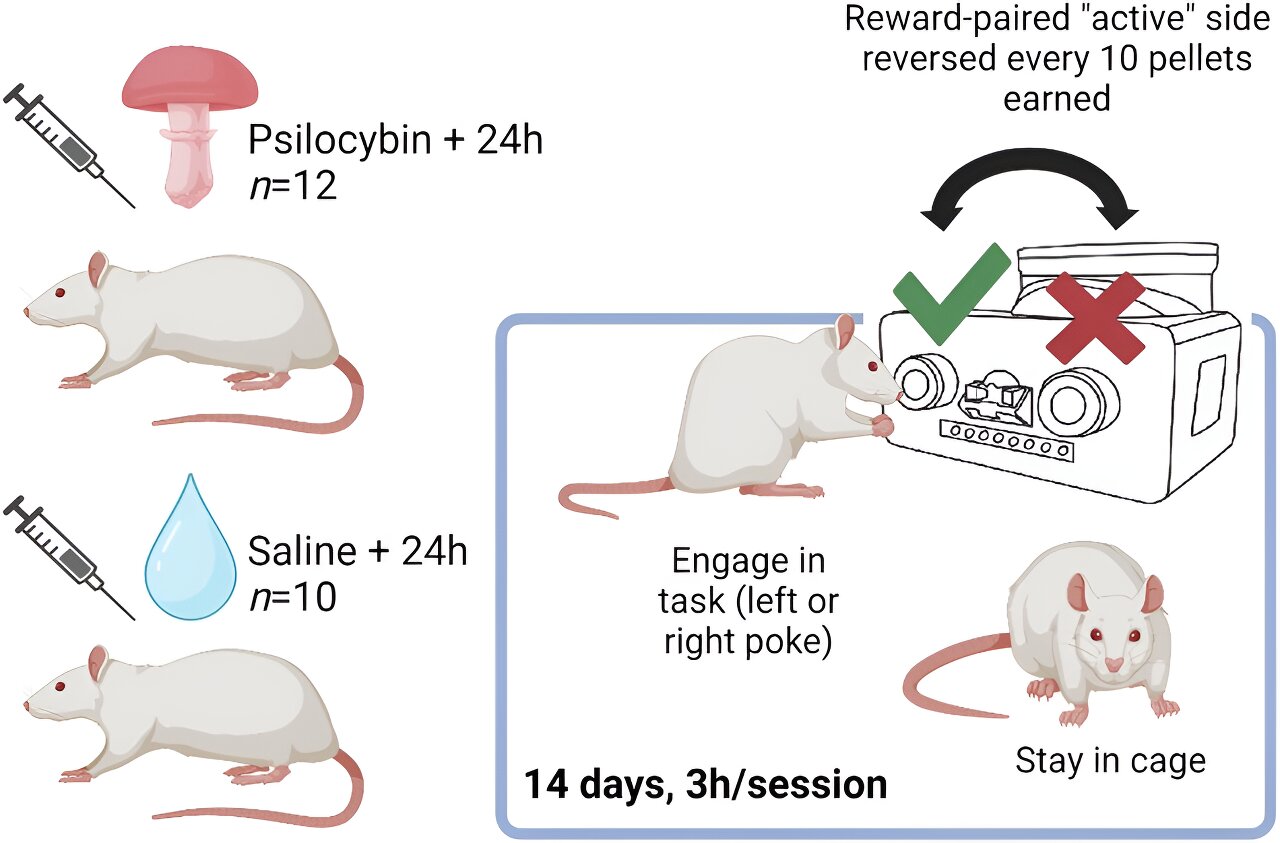Fampridine is currently used to improve walking ability in multiple sclerosis. A new study shows that it could also help individuals with reduced working memory, as seen in mental health conditions like schizophrenia or depression.
Remembering a code for long enough to type it in; holding a conversation and reacting appropriately to what is being said: in everyday situations like these, we use our working memory. It allows a memory to be actively retained for a few seconds. Certain conditions, such as schizophrenia or depression, as well as ADHD, impair working memory. Those affected lose track in conversations and struggle to organize their thoughts.
Fampridine is a drug that could help in such cases, as researchers led by Professor Andreas Papassotiropoulos and Professor Dominique de Quervain at the University of Basel have shown. The team has reported their findings in the journal Molecular Psychiatry.
Effective only if working memory is poor
In their study, the researchers tested the effectiveness of fampridine on working memory in 43 healthy adults. It was in those participants whose baseline working memory was at a low level that fampridine showed a more pronounced effect: after taking the active substance for three days, they scored better in the relevant tests than those who took the placebo. In contrast, in people who already had good baseline working memory, the drug showed no effect.
The researchers also observed that fampridine increased brain excitability in all participants, thus enabling faster processing of stimuli. The study was randomized and double-blind.
Established drug, new application
“Fampridine doesn’t improve working memory in everyone. But it could be a treatment option for those with reduced working memory,” explains Andreas Papassotiropoulos. Dominique de Quervain adds: “That’s why, together with researchers from the University Psychiatric Clinics Basel (UPK), we’re planning studies to test the efficacy of fampridine in schizophrenia and depression.”
The drug is currently used to improve walking ability in multiple sclerosis (MS). Particularly in capsule form, which releases the active ingredient slowly in the body, fampridine has shown effects on cognitive performance in MS patients: for some, it alleviates the mental fatigue that can accompany MS.
The researchers did not select the drug at random: this study followed comprehensive analyses of genome data in order to find starting points for repurposing established drugs. Fampridine acts on specific ion channels in nerve cells that, according to the researchers’ analyses, also play a role in mental disorders such as schizophrenia.

